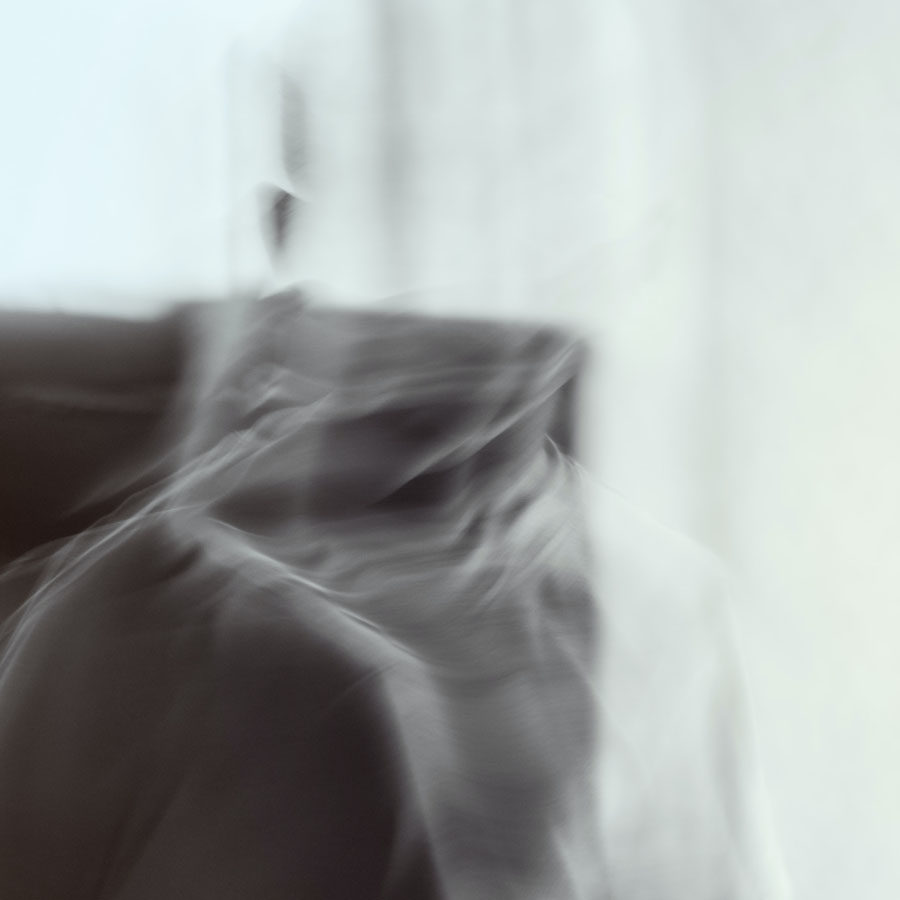
Two Identical Strangers
These days, when I pull up the old photographs, most people still attribute the resemblance between Lydia Lissing and me to the uniforms. My husband, who has always refused to see it, has never gotten past this first reluctance.
“You all look like the same girl,” he said on our third date, years ago, when I first showed him the line of girls in blue tartan kilts, knee socks, white sweaters, half-smiles. He laughed at the photo, asked if I still had my school skirt, if I would wear it for him.
A few, though, when I show the second image of just Lydia and me, will say: “Oh, now I see it.”
Snapped by my best friend Amelia, it downgrades our likeness from uncanny to strong. The light is wrong, distorting the planes of our faces. Lydia stands in the sun and, over my shoulder, you can see the branches of a weeping willow. I wear my school sweater, but Lydia has on the white polo. She frowns into the camera and I smile in the shadow.
When I was younger, around the time I was dating my husband, I would use Lydia as a conversation starter.
“Have you ever met your doppelganger?” I would ask. “I went to boarding school with mine.”
You would be surprised by how many people want to believe in the uniqueness of faces. Like my husband, some simply treat the resemblance as a matter of opinion, and others insist there must be a secret family connection. Only a few are willing to admit that given the limited amount of face-types, complexions, features, ethnicities, genetic material, that such freak resemblances are perhaps inevitable.
“But,” they always say, “It’s not like you couldn’t tell the two of you apart.”
I tend to shrug. “Yes and no.”
Lydia came in the tenth grade, one year after me. When she was introduced in the assembly, I had the sense of seeing myself walk in front of the entire school, the terrible immodesty of it, as if I were being forced to watch myself on videotape.
We both had dark brown hair that grazed our shoulders, red mouths, short black eyelashes, pale blue eyes, flat little noses, slightly heavy cheeks. But, of course, it was more than just a collection of colors and features. It was the cumulative effect.
That first day, I heard Michael Anderson, the best-looking guy in our grade, say, “Creepy,” as Lydia and I walked by each other in the dining hall. I kept catching my classmates staring and pointing back and forth between the two of us. No one would quite look me in the eye. Finally, Amelia said,
“She looks like you.”
Sometimes, when I was in class, I would just stare at her. Whenever we spoke, though, I couldn’t concentrate. Something kept slipping away. We’d both get distracted. It was the bed-sheet that wouldn’t stay put on the far corner, that one French conjugation you always forget—that feeling when you can’t remember your PIN for no reason at all.
By junior year, though, everyone began to forget we looked the same, and instead, they thought we looked alike, and then, by senior year, no one ever called either of us by the wrong name anymore.
That last Halloween we tried to dress it up—I think it was Amelia’s idea—and we went to a party as Twins. We wore identical red dresses and did our hair in Heidi plaits. Everyone thought it was hilarious and, by the end of the night, Lydia was in the master bedroom with Michael Anderson and I was chain-smoking on the unfamiliar suburban lawn with someone’s older brother.
After graduation, we ended up at the kind of party where sentiment and nostalgia morph into bacchanalia and delinquency. The boys kept promising to execute stunts more and more daring, and, then, a few of the girls started kissing one another.
Michael Anderson, seeing an opportunity, shouted, “Wait.”
Amelia and a girl from our AP English class unpeeled themselves from one another at the sound of his voice. And then, with everyone looking at him, he pointed at Lydia and then me.
“You two.”
I am not sure why he wanted to see us in particular—it could have been that he liked Lydia or because we were both considered pretty or because it was a particular fantasy of his or because he was articulating something that everyone wanted to see but hadn’t known until that moment. And I am also not sure why Lydia and I laughed and started gliding towards each other in our tank tops and cut-off shorts. Under the bluish, dimmed lights of the party, we looked identical.
Everyone was cheering, and Lydia was laughing, but then, when she looked right at me, her eyes got serious.
What can I say about the kiss itself? Have you ever felt yourself doubled, like your body was a shape cut simultaneously into two sheets of paper and then unfolded to create one unified silhouette? That to be human is not to be a unique thing but just a copy made over hundreds and hundreds of times?
Rosetta Young received a MA in Fiction and a PhD in English from the University of California—Berkeley. Her fiction has appeared or is forthcoming in Moon City Review and The Los Angeles Review.
Submit Your Stories
Always free. Always open. Professional rates.
